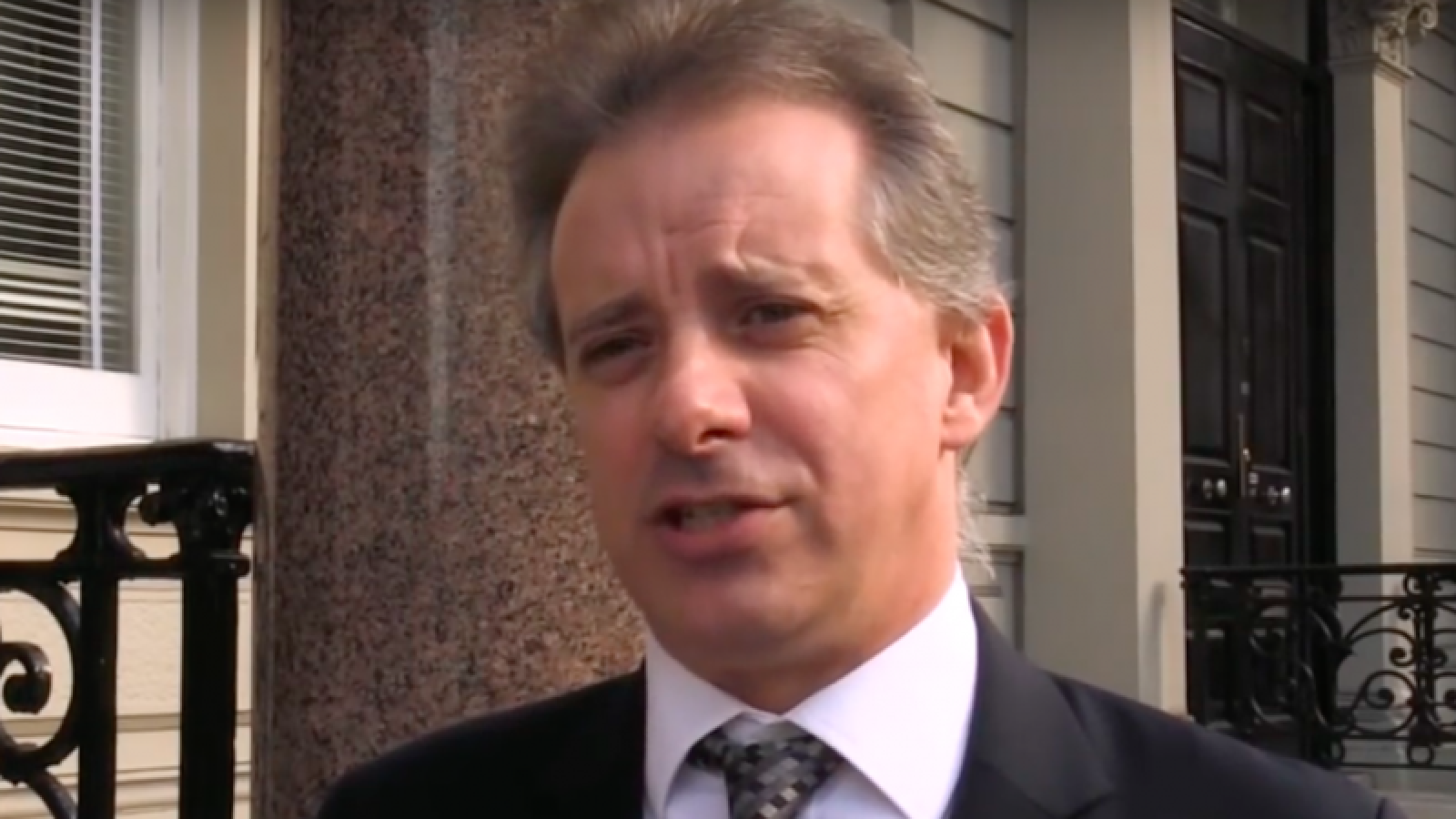
BuzzFeed News, embroiled in a federal lawsuit in Florida, has filed a document explaining how it decided to publish Christopher Steele's collection of investigative memos, now known as the Steele dossier.
The news outlet is defending itself against a Russia tech entrepreneur named Aleksej Gubarev who claims the dossier defamed him and his companies by saying he helped Russia hack the Democratic National Committee.
CNN:
BuzzFeed's top editor and others told the court Monday that they had several reasons to believe Steele's information was credible, even though it was unconfirmed. And, the BuzzFeed journalists said, the memos were newsworthy because their contents were the subject of the FBI investigation and presidential briefings.
When BuzzFeed decided to publish the dossier on Jan. 10, 2017, it was because CNN had reported that day that intelligence officers had briefed Obama and President-elect Trump on its existence and the FBI's investigation.
Before the CNN report, BuzzFeed had sought to confirm details in the dossier -- even sending a reporter to Prague, Czech Republic, to look into a potential trip by Trump's lawyer Michael Cohen -- but was unsuccessful, the court filing said.
After the CNN report, BuzzFeed's top editors discussed what to do with the document they possessed.
(...)
"When they made that decision (to publish), none of the BuzzFeed journalists involved knew or had any degree of awareness -- let alone a 'high degree' of awareness -- that the allegations about (Gubarev and his companies) on the dossier's last page were false, or harbored 'serious doubts' about that," BuzzFeed's lawyers wrote the court filing.
"I made the final decision to publish the Dossier because I believed that the information reported in the CNN story made the Dossier itself, rather than the allegations therein, an important story," BuzzFeed Editor-in-Chief Ben Smith wrote to the court.
BuzzFeed argues that under the law it will be difficult for a court to find that the news organization knowingly and intentionally defamed a publicly visible person like Gubarev, who had employed public relations firms to raise his and his companies' name recognition and had contact with Russia in 2016.
Gubarev had spoken at an event in St. Petersburg and was in touch with Kremlin officials, for instance, and his public relations representatives told reporters he was a resource for stories about Russian technology.
BuzzFeed outlines in lawsuit defense how it decided to publish Russia dossier (CNN)